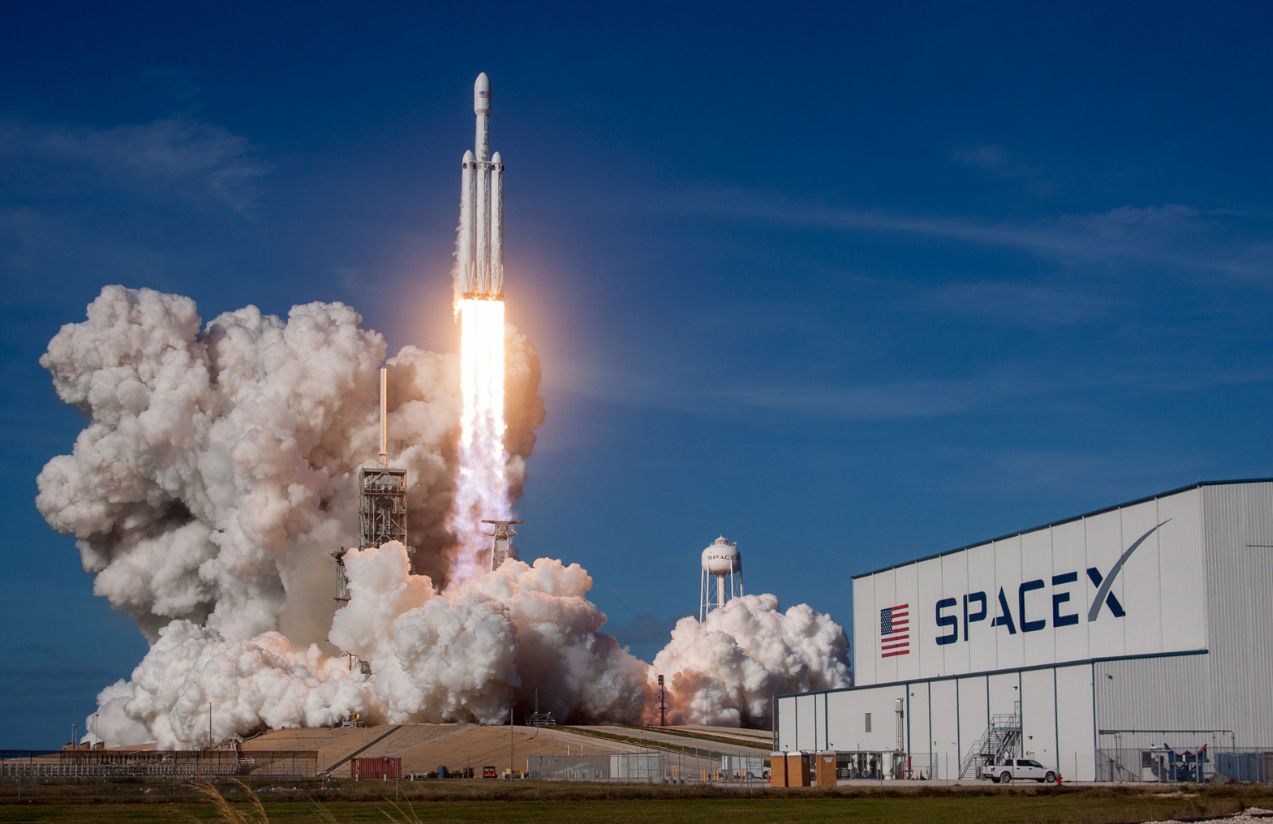So far this month, SpaceX has conducted nine launches, eight of them as part of its routine Starlink satellite deployment. All were successful, but the second stage of one of the rockets ended up reentering uncontrollably over Europe. As a result, at least one tank fell onto an industrial plant in Poland, though no damage was reported. Now, SpaceX has provided an explanation of what happened.
The Incident Timeline
On February 1, a Falcon 9 launched from the Vandenberg Space Force Base in California. Its first stage successfully landed for the seventeenth time, this time on the autonomous drone ship Of Course I Still Love You, in the Pacific Ocean.
After deploying 22 Starlink satellites (Group 11-4), the second stage failed to restart its Merlin engine to deorbit, remaining in orbit until atmospheric drag caused it to disintegrate. This occurred on February 19, between 4:46 and 4:48 AM, over northern Europe.
Hours later, at 9:20 AM, an employee at an industrial plant in Poland called the police after discovering a “tank that fell from the sky” on the premises. It was later identified as a helium tank encased in carbon fiber, originating from the second stage of the Falcon 9.
The Third Failure in Six Months
SpaceX updated its website to explain the cause of the issue. During the coast phase of the mission—when the second stage engine is shut down and the rocket drifts through space—a “small liquid oxygen leak” occurred. This marks the third failure in six months involving a second stage of the Falcon 9, despite this part of the rocket being non-reusable and always new.
According to SpaceX, this leak caused higher-than-expected structural loads on the vehicle. As a result, the rocket was unable to perform the deorbit burn. Instead, it was passivated in orbit to eliminate any stored energy sources, preventing the risk of explosion. However, this meant it remained in orbit for 18 days before its uncontrolled reentry.
A Rare but Concerning Issue
This failure is notable because it is the third incident involving a Falcon 9 upper stage due to an oxygen leak, a problem that had already forced SpaceX to halt launches for 14 days last year.
Even so, it remains an infrequent issue for a company that launches rockets two to three times per week. In fact, in 2024, SpaceX has attempted 116 propulsive deorbits, with 115 being successful.
Preventing rocket debris from falling in populated areas is precisely why the deorbit maneuver is performed. SpaceX has already implemented new mitigation measures for future flights while continuing to investigate the root cause of the leak.




















